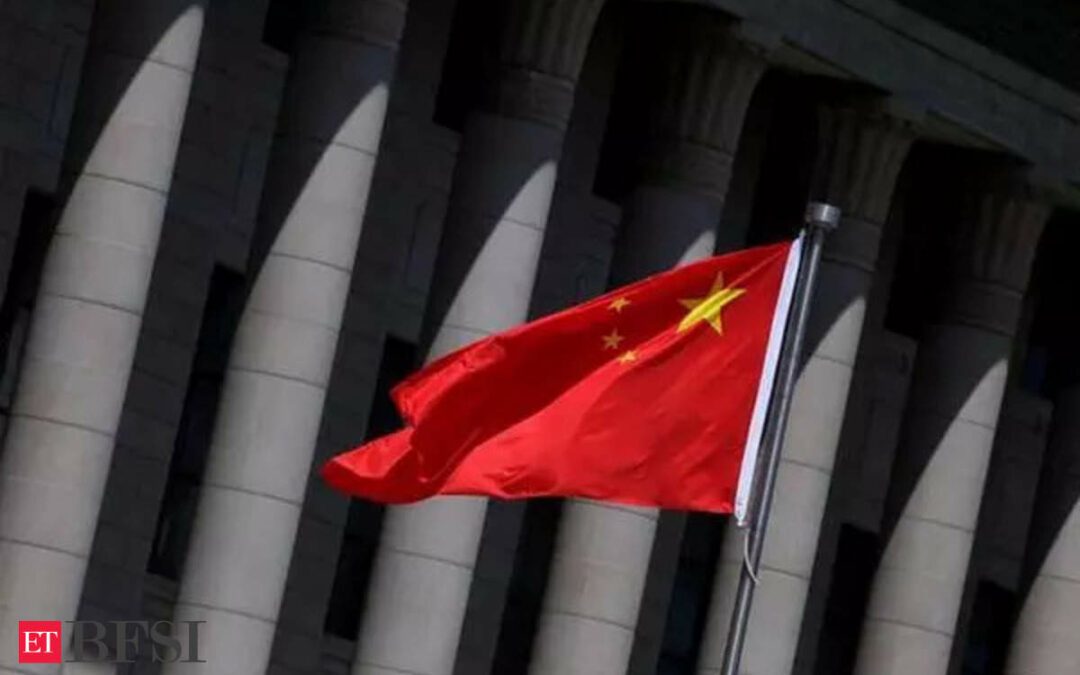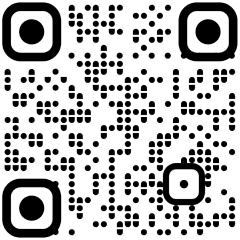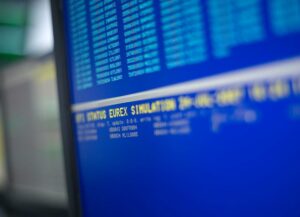Taipei [Taiwan], February 2 (ANI/CNA): China’s mortgage interest rates have been reduced, and the number of people buying houses with higher interest rate loans has decreased. For interest expenses, select “House Loan to Business Loan”. Although there are concerns about broken capital chains and illegal activities, in order to reduce expenses and banks acquiesce for the sake of business, financial risks have expanded.
According to reports from China Business News and Securities Times, under the “main theme” of encouraging home purchases and stimulating market activity, China’s major banks have successively lowered mortgage interest rates since the second half of last year. However, this situation is relatively undesirable for people who buy houses with higher interest rate loans. Therefore, not only has the already existing “mortgage replacement” market not disappeared due to official control, but loan intermediation and other activities have become more active.
The report pointed out that the entry of business loans into the real estate market illegally has been a “chronic disease” for many years. The reason why loan intermediaries dare to guarantee loans is that there is a complete division of labour system behind it, and banks that should be responsible for checking have to increase their loan business. Turn a blind eye.
The interest rate difference brought by “converting a mortgage loan to a business loan” is attractive. A person engaged in the loan intermediary business in Shenzhen mentioned that even if the mortgage interest rate is reduced, the local bank can only provide a maximum of 4.1 per cent, but if the loan is converted into a business loan, can be reduced to 3 per cent, and there will be an interest rate difference in the middle.
The report also quoted a person who switched loans as saying that the original mortgage interest rate was over 5.1 per cent, but the interest rate converted to a business loan was 3.1 per cent, with an interest rate difference of about 2 per cent. For a loan of RMB 5 million, interest expenses will be reduced by RMB 100,000 per year. Overall, the interest rate spread after refinancing is generally around 1.2 per cent to 1.75 per cent in the market.
Although “converting mortgage loans to business loans” is very attractive, it is illegal and China’s regulatory authorities have been adopting relevant policies. In the first half of last year, the banking industry received 1,928 regulatory fines due to various violations of laws and regulations, including “untrue statistical data on small and micro-enterprise loans” and “small and micro-enterprise loan funds were misappropriated in the real estate field.”
The report also quoted industry insiders as saying that the peak of this round of refinancing will fall in 2022. Calculated based on the general repayment period of three years, there will be a peak period for refinancing loan renewals next year. Already, intermediary companies have begun to prepare in advance, by renewing loans in advance, etc., to avoid the shrinkage of loanable amounts due to the decline in housing market value, which in turn affects operations. However, even so, there is still the risk of funds being cut off during the loan renewal process.
A report by the Rule of Law Daily mentioned that “converting housing loans to business loans” not only disrupts the order of the financial market, but may also have an irreversible impact on the credit of home buyers. Regulatory authorities should strengthen the sharing of loan information, keep abreast of the specific flow of operating loans, and immediately investigate and punish illegal flows into the real estate market if found. (ANI/CNA)











